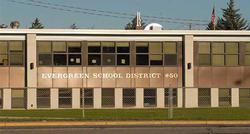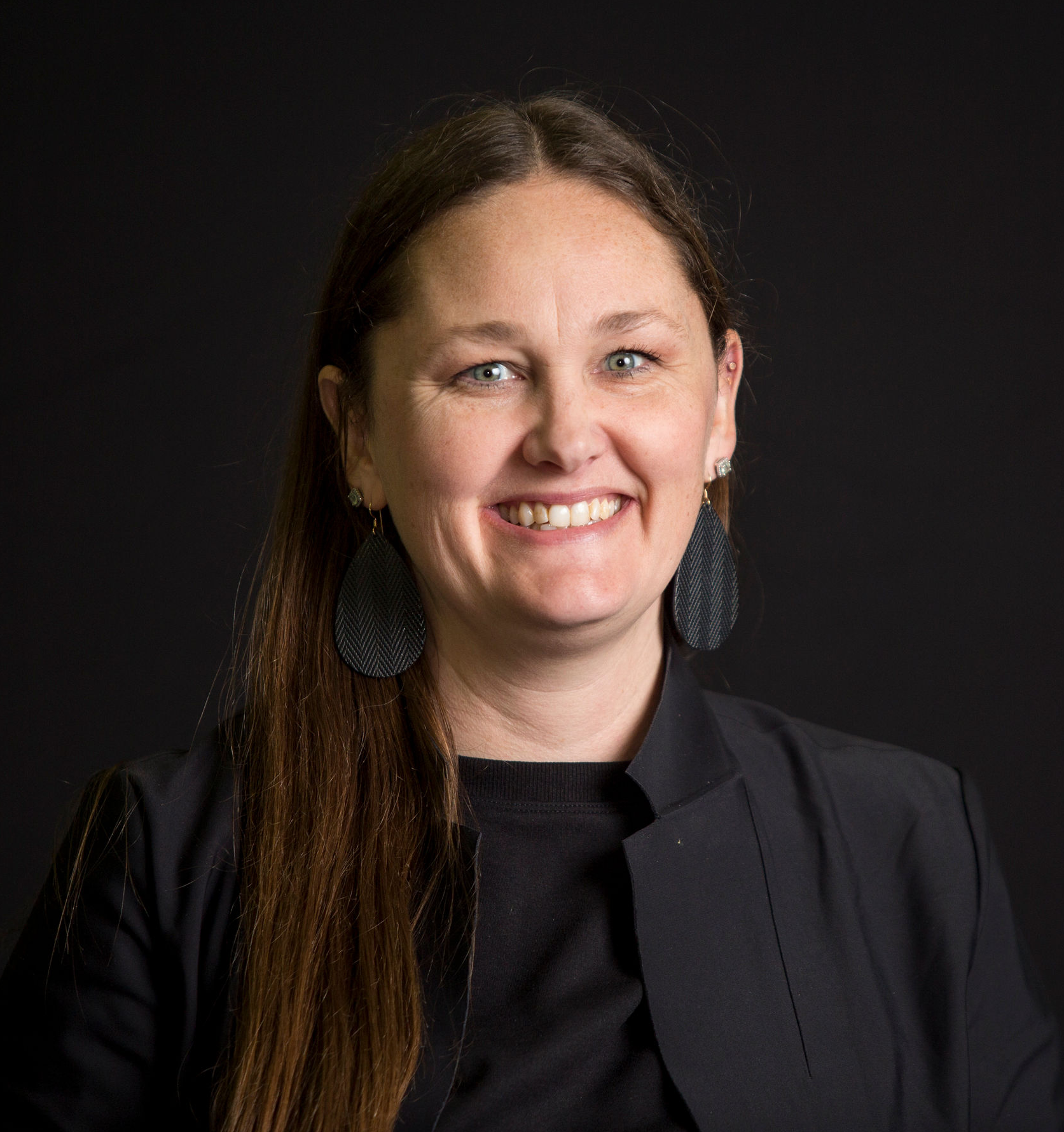Contact Our Staff
Evergreen Special Services
18 West Evergreen Drive
Kalispell, Montana 59901
Phone: (406) 751-1111
Fax (406) 751-1115
Special Services Director:
Mrs. Melissa Hardman
Administrative Assistant:
Mrs. Pam Renfro
School Psychologist:
Mrs. Melissa Fahrney
Speech Language Pathologists:
Ms. Johanna Nolin
Contracted Staff and Agencies:
, Occupational Therapist
Links for Parents

Special Services Department

Dear Parents, Guardians, and Community Members,
I have served the Evergreen School District for the past 15 years as a Special Education Teacher, Behavior Specialist, and Principal and Special Services Director. I have dedicated my career to working with students with disabilities and I am committed to supporting students and families of the Evergreen community.
Evergreen School District believes that all students can be successful. We have designed our programs and dedicated resources to create and develop learning platforms so individual students can receive the services they need in the setting that is most appropriate. Although each child is a unique learner, we know that with intentionality, including necessary instruction, related services, supplemental aids and services, and reasonable accommodations, all students will learn and grow. Students experience Free Appropriate Public Education (FAPE) in the least restrictive environment.
If you believe your child has exceptional needs that result in an educational disability or a condition that significantly impacts your child's ability to access education and demonstrate learning, please don't hesitate to contact this office. Your child may be entitled to services to address his or her needs through the Individuals with Disability Education Act, or accommodations consistent with Section 504 of the Rehabilitation Act, or the Americans with Disabilities Act.
Sincerely,
Melissa Hardman
Special Services Director
School Psychologist
School Psychologist
Ms. Melissa Fahrney
Who Are School Psychologists?
School psychologists help children and youth succeed academically, socially, and emotionally. They collaborate with educators, parents, and other professionals to create safe, healthy, and supportive learning environments for all students that strengthen connections between home and school. School psychologists are highly trained in both psychology and education. They must complete a minimum of a post-Master’s degree program that includes a year-long internship and emphasizes preparation in mental health, child development, school organization, learning styles and processes, behavior, motivation, and effective teaching. School psychologists must be certified and/or licensed by the state in which they work. They also may be nationally certified by the National School Psychology Certification Board (NSPCB).
What School Psychologists Do . . .
School psychologists work to find the best solution for each student and situation and use different strategies to address student needs and to improve school and district-wide support systems. School psychologists work with students individually and in groups. They also develop programs to train teachers and parents regarding effective teaching and learning strategies, effective techniques to manage behavior at home and in the classroom, working with students with disabilities or with special talents, abuse of drugs and other substances, and preventing and managing crises. In addition, most school psychologists provide the following services.
Consultation
Collaborate with teachers, parents, and administrators to find effective solutions to learning and behavior problems.
Help others understand child development and how it affects learning and behavior.
Strengthen working relationships between teachers, parents, and service providers in the community.
Evaluation
Evaluate eligibility for special services.
Assess academic skills and aptitude for learning.
Determine social-emotional development and mental health status.
Evaluate learning environments.
Intervention
Provide psychological counseling to help resolve interpersonal or family problems that interfere with school performance.
Work directly with children and their families to help resolve problems in adjustment and learning.
Provide training in social skills and anger management.
Help families and schools manage crises, such as death, illness, or community trauma.
Prevention
Design programs for children at risk of failing at school.
Promote tolerance, understanding, and appreciation of diversity within the school community.
Develop programs to make schools safer and more effective learning environments.
Collaborate with school staff and community agencies to provide services directed at improving psychological and physical health.
Develop partnerships with parents and teachers to promote healthy school environments.
Research and Planning
Evaluate the effectiveness of academic and behavior management programs.
Identify and implement programs and strategies to improve schools.
Use evidence-based research to develop and/or recommend effective interventions.
Growing Up Is Not Easy
All children and adolescents face problems from time to time. They may:
Feel afraid to go to school
Have difficulty organizing their time efficiently
Lack effective study skills
Fall behind in their school work
Lack self-discipline
Worry about family matters such as divorce and death
Feel depressed or anxious
Experiment with drugs and alcohol
Think about suicide
Face difficult situations, such as applying to college, getting a job, or quitting school
Question their aptitudes and abilities
School psychologists help children, parents, teachers, and members of the community understand and resolve these concerns.
Speech-Language Therapy Program
Speech Language Pathologists:
The speech-language therapy program at Evergreen Elementary School provides services from age three through eighth grade. Services include:
Consultation with parents and staff
Extensive screening opportunities for preschool students
Guidance and recommendations for general education and family interventions
Assistance in the referral process
Evaluation of referred students
Direct speech-language therapy for students who qualify for services
Teaming with classroom and resource room teachers along with parents
Consultation with outside service providers
The program is staffed by speech-language pathologists licensed by the State of Montana. The therapists have master’s degrees in the field of communication disorders and maintain national certification from the American Speech-Hearing Association.
Speech/language programs are designed for individual students following an evaluation of their communication needs. Referrals for evaluation may be initiated by teachers or parents.
